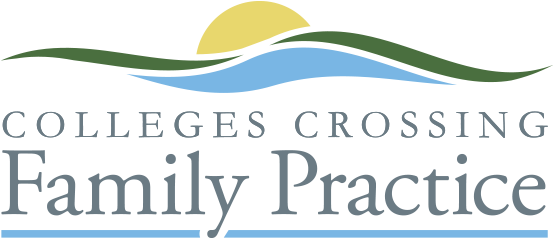Being able to diagnose and treat skin cancer is satisfying, but what is even better as a GP is the opportunity to help prevent skin cancer. Everyone both young and old gets a similar sun protection spiel from me. Cover up thoroughly including wearing sunglasses, stay out of extreme UV (between 10am and 2pm in Winter, longer in Summer) and always wear broad-spectrum sunscreen – applied liberally and regularly throughout the day. The sunscreen part is probably the least popular suggestion – so allow me explain why it is so important.
Most aggressive skin cancers occur on the head and neck – places that are very tricky to otherwise cover up completely with clothing. Speaking of clothing, did you know the average white T-shirt only provides you with roughly an SPF8 protection? Much less than most people imagine, and it drops to a miserable SPF3 if the shirt is wet. In Queensland UV light can be in the extreme range from as early as 7am in Summer, so my advice is to help protect the delicate skin on the face, ears and neck with sunscreen every day, even if you think you aren’t going to be in the sun much.
Studies undertaken locally at the QIMR have shown the safety of regular sunscreen usage, and its effectiveness at preventing ageing of the skin and skin cancers including melanoma. It is particularly important for young people, as sun exposure and burns in early years are strongly associated with the development of skin cancers later in life. For parents it is not too late to start – even middle-aged people in the studies reduced both their photo-ageing and number of skin cancers by wearing sunscreen most days.
Try to find a moderately-priced sunscreen you can tolerate on your skin. Some can be irritating for sensitive skin, some greasy, your GP or dermatologist can make an appropriate suggestion of which one might be best. Whichever sunscreen you decide on – my advice would be to use up the bottle in record time!
Dr Cath Hester
These articles are not intended to replace a one-to-one relationship with a qualified health professional or as specific medical advice. They are intended as a sharing of knowledge and information from experience and research in the scientific literature. I encourage you to make your own health care decisions based upon a partnership with a qualified health care professional.
